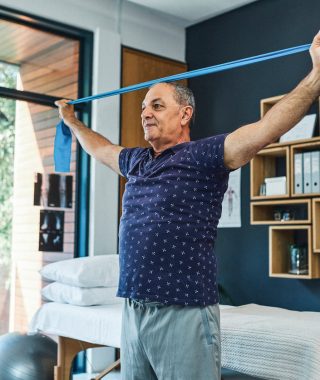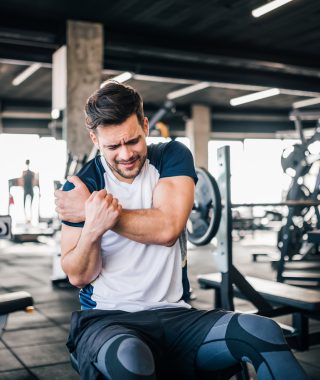Ever wonder if that nagging back pain is going to get worse?
Almost everyone experiences back pain during their lifetime. In fact, more than 70% of back problems begin during routine day-to-day activities. Accidents and other forms of trauma account for only 30% of back problems.
“I Didn’t Do Anything Unusual!”
You don’t have to. Poor posture, a lack of exercise, or twisting movements during such routine activities as gardening, housework, picking up a child, reaching for an object or even coughing can cause acute back pain; pain that can last for hours, days or even years if ignored. The pain can be felt in the back or may be “referred pain” that is felt in the low abdomen, groin, leg or foot. Specific sensations can include pins and needles, numbness or a burning feeling. These should not be left untreated.
Back pain will feel different for everyone. The pain can be in your back or it may be what is called “referred pain” that may be felt in the stomach, groin, leg, knee, foot, or elsewhere. Other signs and symptoms include a feeling of pins and needles, numbness or a burning sensation. If the pain or other symptoms do not subside after 24 hours or if they worsen, these should not be left untreated–see a physiotherapist to diagnose the problem.
“Will I Get Better?”
Normally, pain resulting from minor muscle or ligament strains goes away as the body repairs itself in the first 24 to 48 hours. If the pain does not subside after 24 hours, or is getting worse, you should see a physiotherapist. Since so many factors can be the cause of back pain, physiotherapists offer a range of comprehensive treatment programs designed specifically for your individual case, including hands-on treatment.
A physiotherapist at North Shore Sports Medicine can perform a full assessment, identify the source of your weakness/tightness and use manual therapy, exercise prescription and designing a rehabilitation plan so that you can return to your daily activities. A treatment plan may include:
- Correcting your posture
- Strength exercises and conditioning of your core muscles
- Mobilization and manipulation of one or more joints in the spine
- Heat
- Ice
- Electrical stimulation
Once a treatment plan is developed to manage with your pain, your physiotherapist will also provide information and strategies to help avoid the problem in the future. Remember that early treatment prevents chronic back pain. Give us a call at our North Shore Sports Medicine locations at Deep Cove 604.929.8444 or Brooksbank 604.973.0242 to start working with a physiotherapist and towards recovery.







